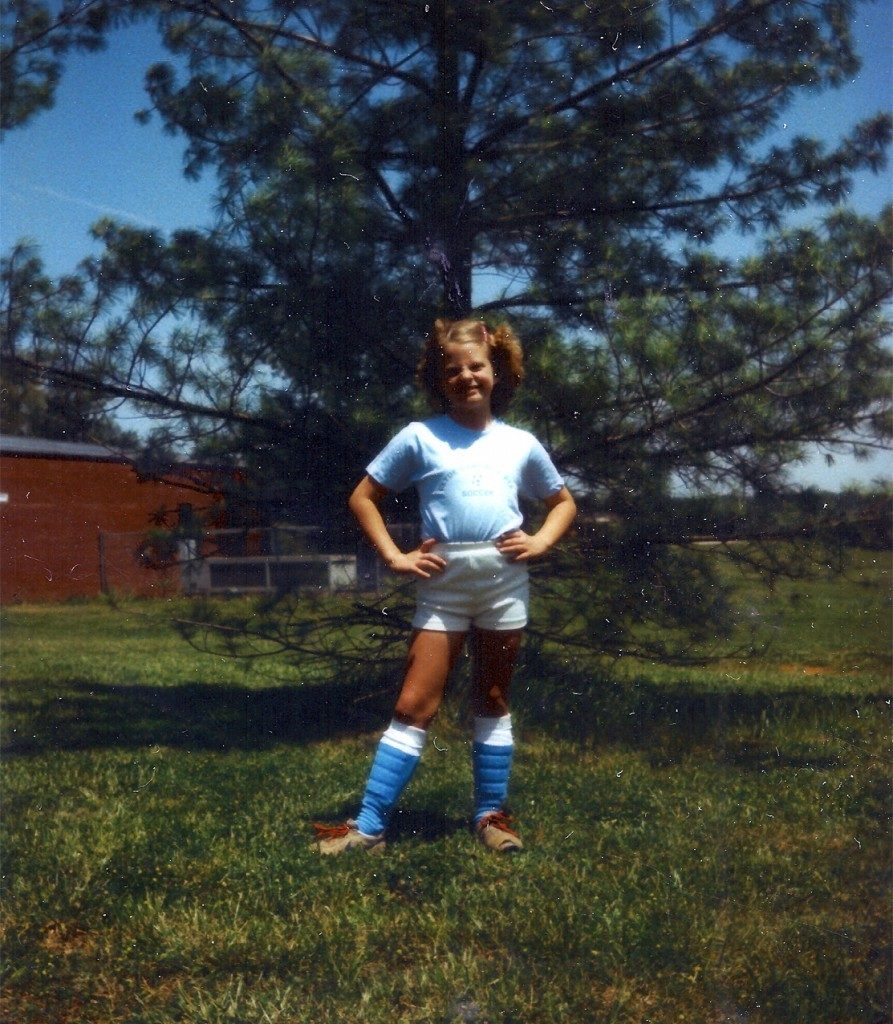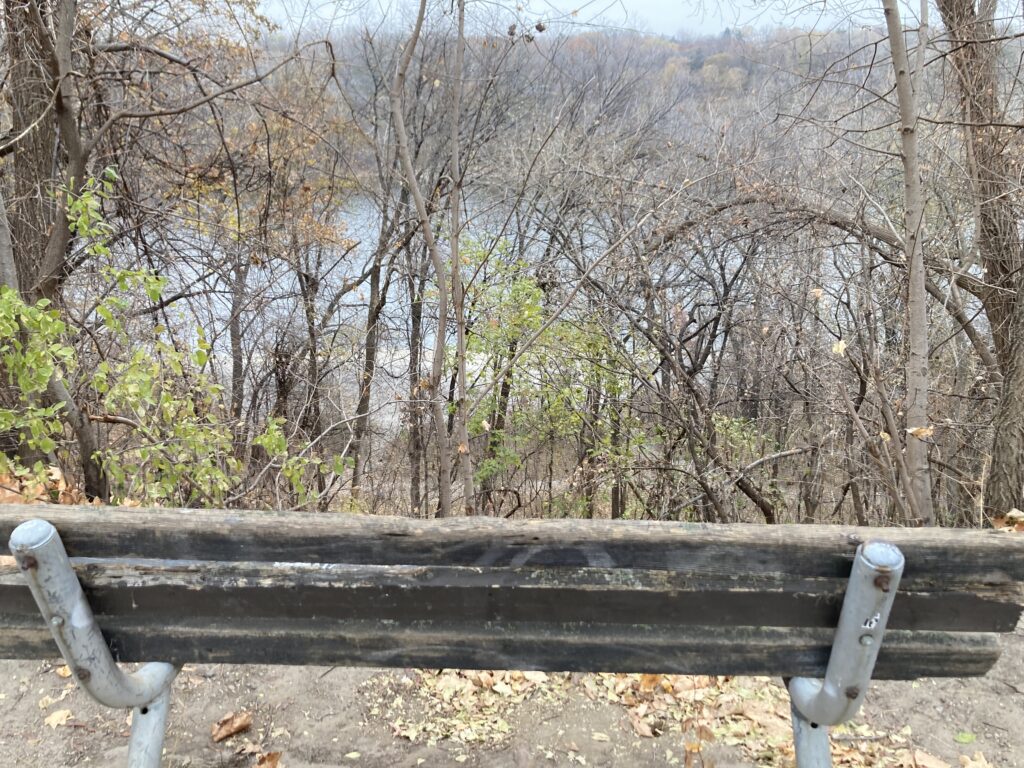run: 1.7 miles
neighborhood / river road trail
29 degrees
50% very slick ice
Not ideal weather for a run. Were there any other runners out there? I can’t remember; I do recall seeing one walker. A lot of the sidewalk, road, trail was fine — not slick at all — until it wasn’t. Every so often, a slippery spot, some I could see, some I couldn’t. I skittered several times, having to take little half-steps. No sense that I was almost about to fall. I think I was lucky today that I didn’t twist or strain or break anything.
My body didn’t tense up in anticipation of sliding or falling, but I also wasn’t relaxed. Constantly trying to see or feel the ice. Did I notice anything else?
10 Things
- flitting birds, emerging from trees
- rusted orange in the floodplain forest
- the loud scraaaape from a neighbor’s shovel
- na ice-covered river
- a strong wind — not heard or seen but felt, burning my ears and my face
- car wheels losing traction on snow/ice, turning around in the middle of the street
- puddles on the path
- the edges of the road, dry then super slick then wet
- puddles on the sidewalk, not in the usual spots — the house on the next block, the house past 46th — but just around the corner
- noisy trucks near a school, doing some sort of repair work involving banging and backing up and scraping and pounding — heard, not seen
bats!
Reviewing old entries, as part of my On This Day morning ritual, I encountered a poem with the great line,
Fix your gaze upward and
give bats their due,
holy with quickness and echolocation
(Abecedarian for Dangerous Animals/ Catherine Pierce
Give bats their due. Yes! This line led me to other bat poems — last year or the year before I created a bats tag — and to these wonderful lines which I’ve written about before:
Think of it—to navigate by adjustment, by the beauty
of adjustment. All those shifts and echoes.
(Threshold Gods/ Jenny George)
To navigate by adjustment, shifts, echoes. Can I do something with these lines, add them to my echolocated poem at the end, Ringing Still, or another poem in the final echolocated section? Hmmm….echolocated is about being located/found by others. The (current) title of this collection is echolocate || echolocated. There’s a gap/tension between locating and being located, the one doing the locating and the one being located. In past years, I’ve imagined these two subjects (the locater, the located) as one Sara (the Speaker) trying to located another Sara (the reader), a You and simultaneously an I. No. Too much explanation. There’s is a swirl of something in my implied speaker addressing a You which is not me, and also me, and my consistent reference to the person going to the gorge and running and noticing (which is what I am doing) as the girl or she — which, if I haven’t already mentioned it is an actual girl — me, age 8:

Instead of spelling this out, I’d like this to haunt this collection. Does it?
bike: 30 minutes
run: 1.3 miles
basement
Scott and I were planning to go to the y, but it started sleeting and snowing, and the wind was blowing, so we didn’t. Instead I went to the basement and biked. I started watching a documentary that I’ve been wanting to watch for more than a month: Come See Me in the Good Light. It’s about the poet, Andrea Gibson. Beautiful.
Then I got on the treadmill and ran while listening to my new “Eye Tunes” playlist on shuffle:
- Breakfast in America/ Supertramp
- Double Vision/ Foreigner
- See You Again/ Miley Cyris
- Tell Me What You See/ The Beatles
- Eyesight to the Blind / The Who
- Eye of the Tiger / Survivor
Open up your eyes now, tell me what you see
It is no surprise now, what you see is me
(Tell Me What You See/ The Beatles)
tell me what you see, I can’t wait to see you again, take a look at my girlfriend, not seeing straight, she’ll give eyesight to the blind, he’s watching us all with the eye of the tiger.
look at/stare/gaze/encounter/watch/stalk
